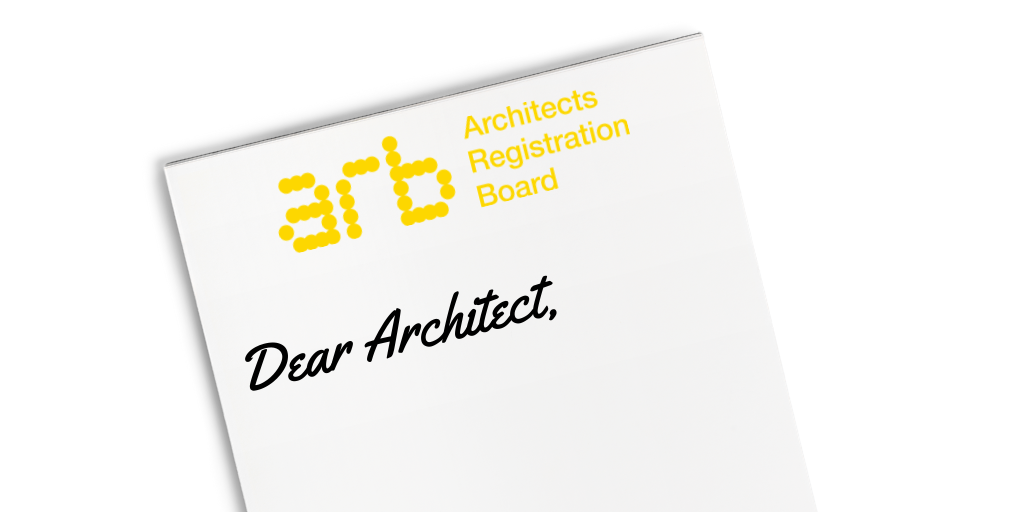
Good communication is important to clients and can have a significant impact on how they perceive a project’s success. It’s particularly important to make sure the written terms you give to your clients at the outset of a project are clear and robust.
Standard 4.4 of the Architects Code sets out the minimum requirements for your written terms of engagement. These terms play a crucial role in every project by ensuring, among other things, the scope and cost of work is agreed in writing and that the parties understand the roles and responsibilities of those involved.
Unfortunately, this is the area in which we most commonly see complaints arise. Many of these complaints are rooted in the absence of robust terms of engagement at the start of a project. This lack of communication can cause confusion between architects and clients if both parties have different understandings of what the project will entail.
The best way to avoid a complaint is to ensure full written terms of engagement, which cover all the areas listed in the Code. It’s important this is documented before you carry out any architectural work, regardless of the scale of your instruction or who the client is (including friends or family members). This is to protect you just as much as your client.
It also helps to adapt your communication style for different audiences. For example, if you have a domestic client who has not undertaken an architectural project before, they are likely to be unfamiliar with construction industry terminology or common practices. For this type of client, it may be useful to explain things with context and in simple language to help reduce the risk of a misunderstanding developing into a dispute.
Taking the time to create standard guidance for your typical clients can also help you save time later on. You can use that guidance as a reference point in conversations with your client, particularly at the early stages of the project.
You may also find it helpful to follow these quick tips:
- Keep a note of your client’s expectations, particularly in relation to budget
- Keep a written record of your project and correspondence so you can provide details more easily
- If your client prefers to communicate by phone, take a note of what was said and consider sending it to them to confirm your understanding
- If you are unsure of what a client wants, ask for written clarification
- Record any changes to your instructions
- If you have to take time away from a project, let your client know when you’ll be back and who will handle the project in your absence
- Ensure your website contains up to date information and clearly outlines job roles and duties.
If you’d like further advice on this subject, or if there are other topics you’d like us to cover, contact us at professionalstandards@arb.org.uk or on +44 (0) 207 580 5861 and we will be happy to help.


